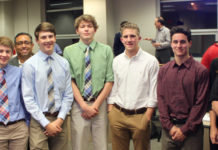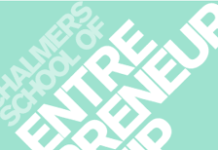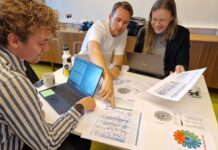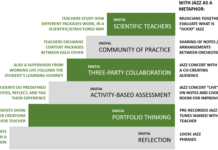In my newly finalized licentiat dissertation (find it here), one of the concepts I propose is that of an “altruistic paradox”, in that we get much more motivated by creating value for others today than by creating value for ourselves in a distant future (see p.35). Teachers often tell their students that “you will have use for this knowledge in (5-10-15) years from now, I promise!”. But if they instead would ask them to find one (1) person for whom the knowledge at stake is valuable today, this could boost learning significantly. We are billions of people on this planet, and if some knowledge cannot be put to use to any one of them as of today, why bother? Creating value to others is at the core of entrepreneurship, but is almost never asked of students. We somehow assume that students are of no use to society until they are “finished”.
As always, John Dewey has already explored this problem at length. He wrote already in 1916: “the future [has] no stimulating and directing power when severed from the possibilities of the present”, lamenting that we regard young people as merely on a “waiting list” to become “social members in full and regular standing”. It is easy to forget that young people can do great and valuable things. Alexander the Great was 14 years old when he took charges of the army of Macedonia, the same age Lorenzo de Medici had when he left Florence to negotiate a loan worth billions today.
I propose that we include more activities in educational settings where young people are challenged to find the answer to a simple question: “for whom is this knowledge valuable today?”. I have labeled this approach as the “actionable knowledge” approach in my licentiate thesis. Read more on page 35 here. Comments?







